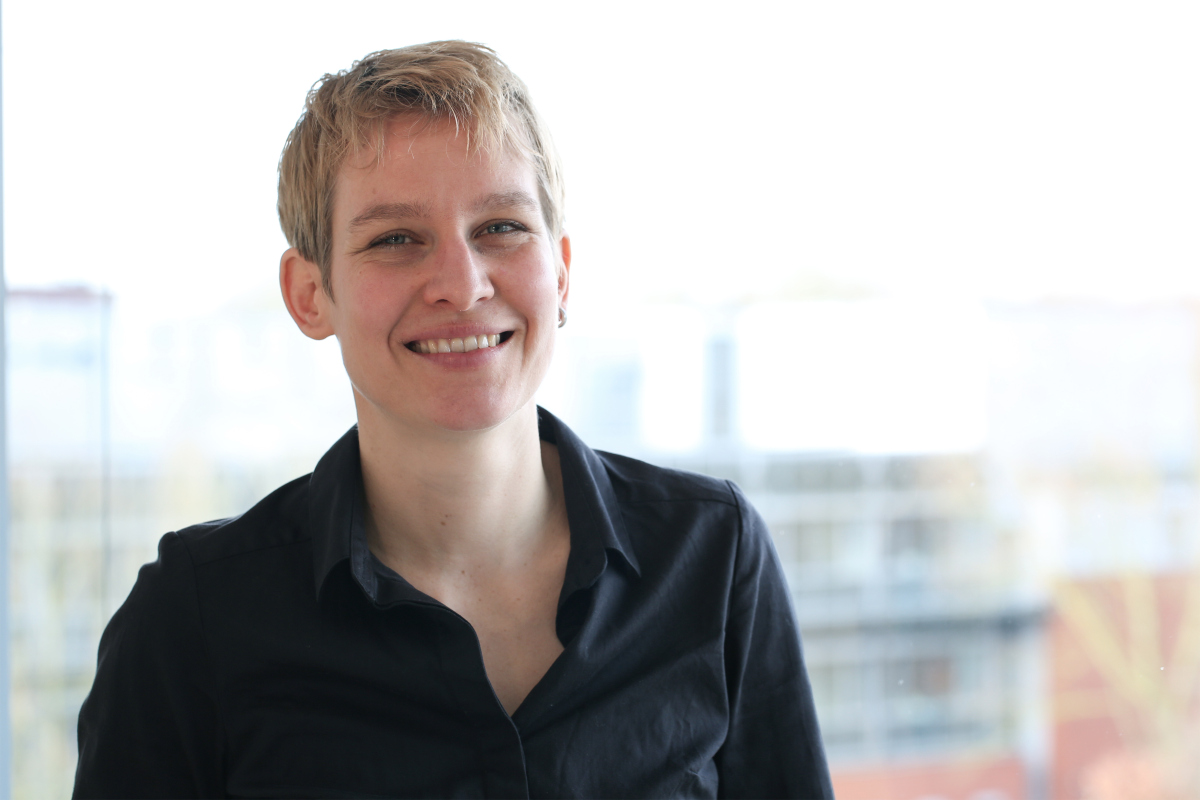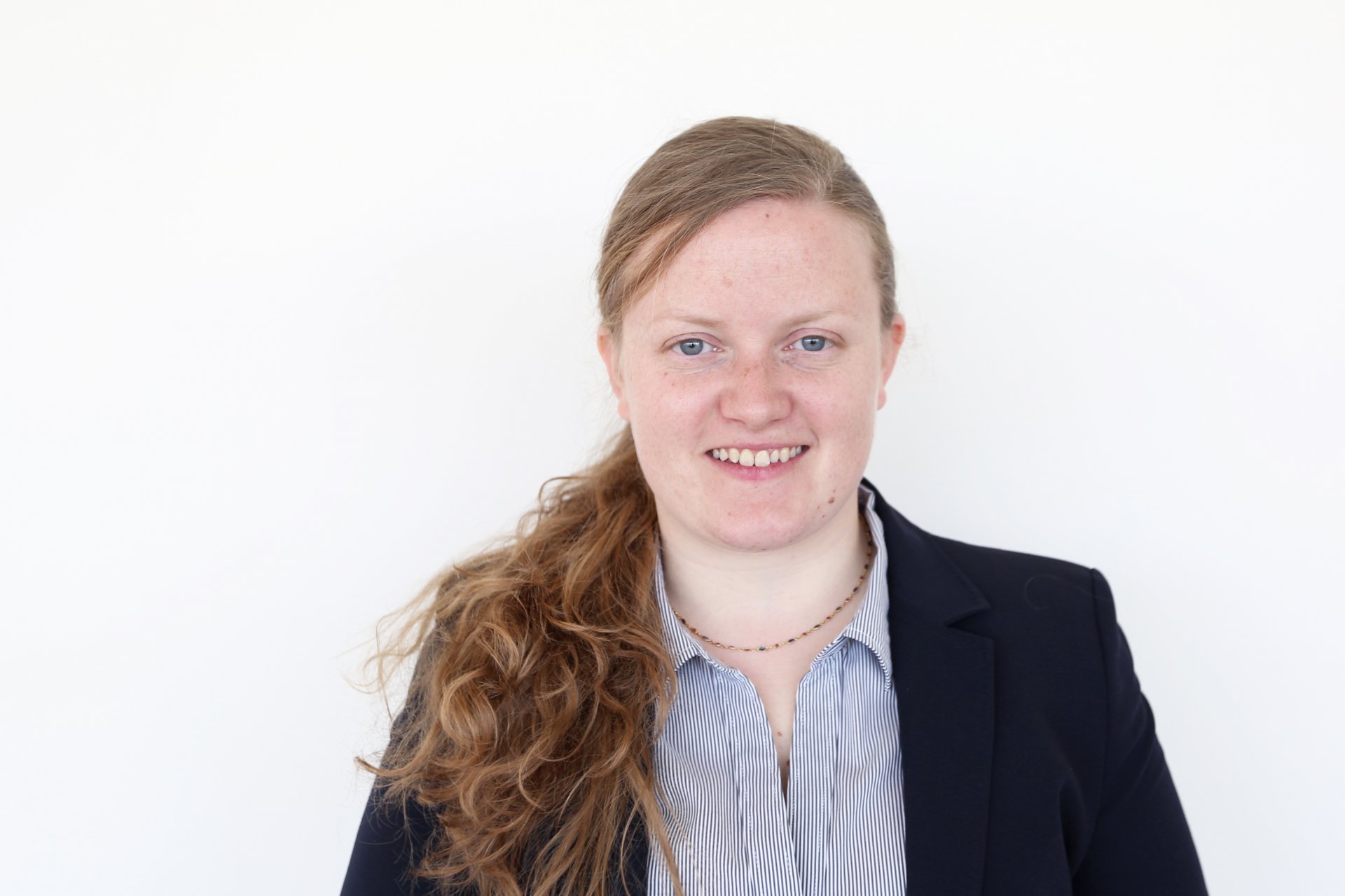- Press Office
- Otto Hahn Medal for Greta Reintjes
Otto Hahn Medal for Greta Reintjes
In her doctoral thesis, Greta Reintjes investigated the manner in which phylogenetic and functional difference in microbial communities affect the bacterially mediated carbon turnover in the oceans. Additionally, she developed methods to enable a faster analysis of the microbial diversity on board a research ship and investigated the distribution patterns and composition of different bacterial communities across the Atlantic Ocean. In 2017, Reintjes graduated with the grade "Summa cum Laude".
„The results of my doctoral work contributed to understanding of the role of microorganisms in the global carbon cycle”, Reintjes explains. In recent years the importance of so-called microbiomes, the communities of microorganisms colonizing a particular ecosystem, has come to light. "I want to increase our understanding of the structure and function of these microbiomes, with a specific focus on the role that microorganisms play in local and global biochemical cycling."
Otto Hahn Medal
This year marks the 40th anniversary of the Otto Hahn Medal, bestowed by the Max Planck Society to honour its best junior scientists. The medal, endowed with 7,500 Euros, aims to motivate the winners to pursue a career in research.
Like very few others, Otto Hahn epitomised scientific excellence in his own life, alongside the struggle for progress on both a personal and a societal level. It was in his late twenties that Otto Hahn began his exceptionally fruitful cooperation with Lise Meitner, which led to the discovery of nuclear fission for which he received the Nobel Prize in Chemistry in 1944. As President he attended to the successful transformation of the Kaiser Wilhelm Society into the Max Planck Society starting in 1946.
With the Otto Hahn Medal, the Max Planck Society honors its best doctoral students. Especially gifted young scientists should be motivated to a university or research career. "What motivates me is curiosity and my desire to unravel natural patterns and understand their biological meaning", says Reintjes. Following her occupation at the Max Planck Institute for Marine Microbiology, she will move to Canada, where she will also study the human and ruminal microbiome. "In the long term, I would like to establish my own research group.”
Please direct your queries to:
Head of Press & Communications
MPI for Marine Microbiology
Celsiusstr. 1
D-28359 Bremen
Germany
|
Room: |
1345 |
|
Phone: |

